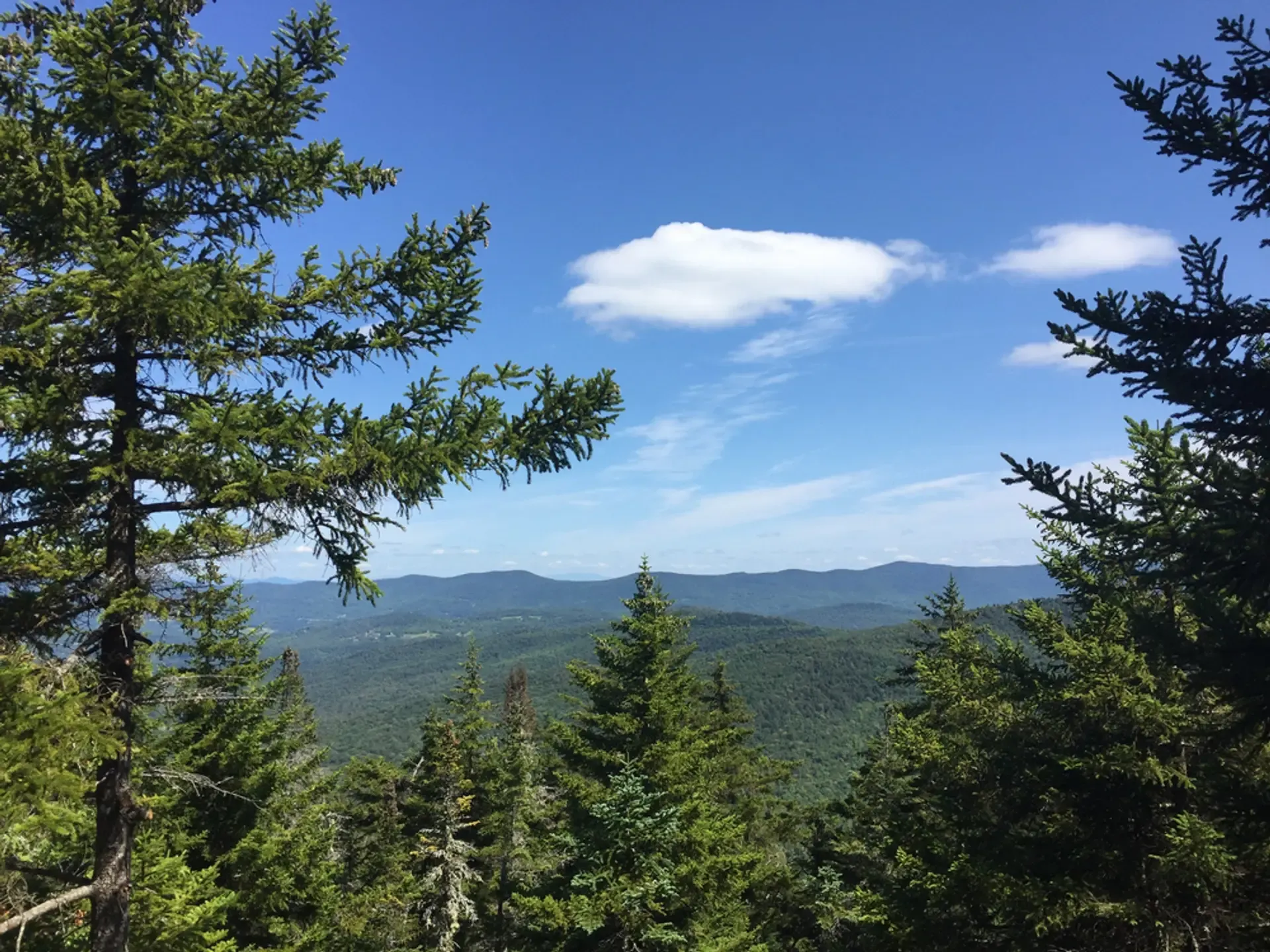AFF’s 2021 Capitol Hill Fly-In Goes Virtual
Our nation’s community of family forest owners continues to face large-scale challenges associated with the pandemic and climate-related natural disasters. Despite these obstacles, we remain determined in our efforts to advocate for the needs of America’s landowners and forests. As we continue to adapt to the constraints of the pandemic, AFF hosted its first virtual Capitol Hill Fly-In. With this novel format, AFF’s 2021 Fly-In was its largest yet, hosting 114 meetings with a total of 102 attendees. The increased number of meetings granted attendees more opportunities to advocate for legislation vital to the future of our forests, including the Rural Forests Markets Act, the Outdoor Restoration Partnership Act, and the Disaster Reforestation Act.
The bipartisan type: asset-hyperlink id: 2Qp4EyPl98EBWRk5gsMSld(RFMA), introduced by Senators Debbie Stabenow (D-MI) and Mike Braun (R-IN), aims to open new economic opportunities for family forest owners by carbon market accessibility. Currently, the high costs of entry for measuring, monitoring, and generating carbon credits prohibits most individual landowners from tapping into this new market. RFMA would authorize the U.S. Department of Agriculture (USDA) to issue loan guarantees of up to $150 million to nonprofits and companies to stimulate investment in small-scale forest owners seeking to enter the carbon market.
As wildfires, hurricanes, floods, and other climate-related natural disasters continue to threaten forested land, we must invest in the highest priority lands to reduce risk and enhance community adaptation. Of the high-priority acres in America, 52 million are family-owned forests that require wildfire mitigation treatment to protect both communities and our precious natural resources. In 2020 alone, a record-breaking 22 natural disasters occurred, leading to $1 billion in damages. To aid in forest restoration and watershed conservation, the Outdoor Restoration Partnership Act was introduced by Senator Michael Bennett (D-CO) in an effort to increase the restoration of America’s forests and watersheds. Furthermore, the act offers grants to support Federal, State, local, Tribal, or private land in mitigating wildfire risk and restoring damaged land.
The type: asset-hyperlink id: 6dYgVxdzF8e1CFTdI8Uhi0, originally introduced as the Forest Recovery Act, was re-introduced in Congress shortly after the Fly-In due in part to our attendees’ excellent advocacy efforts. Introduced by Representatives Terri Sewell (D-AL-07) and Buddy Carter (R-GA-01), this legislation would amend the tax code to allow family and private timber growers to recover the loss of their uncut timber and reforest their land following a natural disaster. Forestry remains a critical economic asset to many rural communities across the nation, and the Disaster Reforestation Act offers a positive impact on both the environment and the economy.
Our organizational efforts were enhanced through the use of a new platform which allowed attendees to easily access meeting links, take notes, and follow up with their congressional members and staff all on one convenient website. Policy Team Office Hours were also a new addition to this year’s Fly-In. These virtual one-on-one meetings with members of AFF’s policy team provided a virtual space for attendees to ask follow-up questions about legislation, provide feedback on the event, share highlights of the week, and further discuss any other policy items.
The insights as landowners and passion of our attendees were the key elements to this year’s Fly-In success. Thanks to the attendees’ hard work sharing their stories and voicing concerns that affect landowners nationwide, Members of Congress such as Reps. William Timmons (R-SC-01) and Paul Tonko (D-NY-20) have cosponsored the Rural Forest Markets Act and supported other bills we backed as an organization and community of forest owners. Fly-in meetings open the door for relationships with different congressional offices, and we are continuing to follow up with each office to maintain these relationships to advocate for legislation today and down the road.
Without the help of landowners like you, AFF’s advocacy efforts would not be possible. To learn more about AFF's policy work, visit our Advocacy page.
Related Articles

July 3, 2025
AFF CEO Statement on Passage of Reconciliation Bill
Federal support of family forest producers, through tax provisions and conservation programs, provides some of the tools they need to strengthen local economies while improving the health and productivity of our nation’s woodlands.

May 15, 2025
Statement: Committees Take First Step in Supporting Forest Landowners in Reconciliation
Today, the US House Agriculture Committee and Ways and Means Committees took the first steps in supporting the more than 21 million American family forest owners by protecting and growing voluntary conservation programs and maintaining important tax provisions.

March 27, 2025
Statement: Disaster Reforestation Act Will Help Family Forest Owners Recover
Currently, family forest owners cannot recoup the value of their timber lost in natural disasters, making it that much harder for these owners to reinvest in the recovery of their forest. The Disaster Reforestation Act aims to fix this by amending the tax code to allow forest owners to deduct the market value of their timber destroyed by natural disasters.